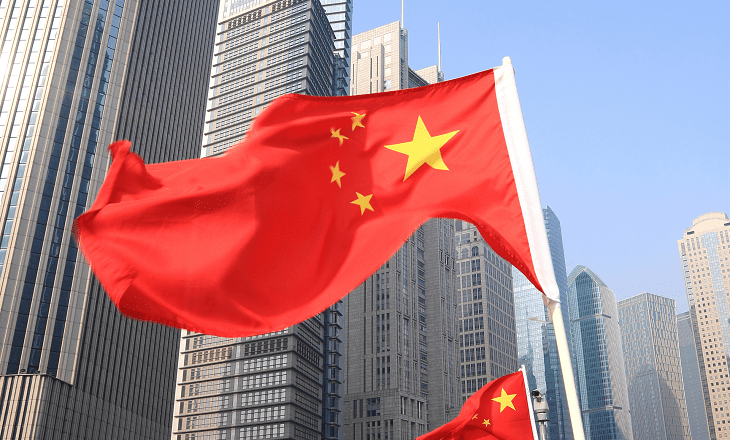It has been no secret that the development arm of the Peoples Bank of China (PBoC) has been working diligently in the background over the past five years over some form of digital currency that would be nationalized and controlled by the central bank. The status of the project has always been in question, but, perhaps spurred on by the recent Libra announcement, no less than three prominent members of the PBoC have spoken recently at various public forums, claiming that China’s digital currency “is ready”.
The word “ready” may have been a very liberal translation of what was actually said in Mandarin. Despite recent public messaging, no timetable was offered up as to when the first Central Bank Digital Currency (CBDC) token might be issued. It has been designed to replace coins and notes in circulation and be a substitute for retail transactions at the point of sale, if interpretations are true for the 52 patents filed under the name of the Digital Currency Research Lab of the PBoC.
It is often difficult to follow specific storylines for projects buried deep within the vast Chinese bureaucracy, but when three separate officials speak to the same issue and espouse the same sentiments, then the world can take note with confidence. Here is a brief summary of recent public pronouncements:
- Zhou Xiaochuan, former governor of the PBoC: In early July, he said that, “Libra poses a threat to payments systems and national currencies. The Chinese government should make good preparations and make the Chinese yuan a stronger currency. Commercial entities could be allowed to issue digital yuans, as Hong Kong allows with its dollar.”
- Wang Xin, the research director of the PBoC: At a recent conference, he spoke to the urgency engendered by Facebook’s Libra project: “We will keep a close eye on the new global digital currency. We had an early start… but lots of work is needed to consolidate our lead.”
- Mu ChangChun, Deputy Chief in the Payment and Settlement Division of the People’s Bank of China: He announced at the China Finance 40 Group meeting that: “People’s Bank digital currency can now be said to be ready.”
Once again, according to various reviews of patent filings, one report suggests:
The work addresses a technology that issues a digital currency, as well as provides a wallet that stores and transacts the asset in an “end-to-end” fashion. The patents indicate the wallet would store a digital currency issued by the central bank or any authorized central entity that is encrypted like a cryptocurrency with private keys, offers multi-signature security and is held by users in a decentralized way.
Deputy Chief Mu added additional insights that involved the use of a two-tiered operational network:
The People’s Bank of China is the upper level and the commercial banks are the second level. This dual delivery system is suitable for our national conditions. It can use existing resources to mobilize the enthusiasm of commercial banks and smoothly improve acceptance of digital currency.
Mu also noted that the platform would be combination of blockchain technology techniques, together with other enhancements. Due to their “complex economy with a vast territory and a large population”, a modified approach was deemed necessary to provide a workable solution:
Issuing a digital currency using a pure blockchain architecture would be difficult to achieve in a country as big as China because retailers require high concurrency performance.
China has had a somewhat “Love/Hate” relationship with all things crypto. It has banned crypto exchanges, Initial Coin Offerings (ICOs), and ostensibly trading, although Chinese investors have found ways around the restrictions. The government recently threatened a ban on mining activities, but recanted when it realized that over 50% of mining revenues find their way back to the Middle Kingdom.
Perceptions may, however, be softening. Samson Mow, chief strategy officer of bitcoin and blockchain technology company Blockstream, noted that:
The Bank of China posted up an article about bitcoin. They explained how [bitcoin] works, why the price is going up, and why it’s valuable. Never thought I’d see that happen.
